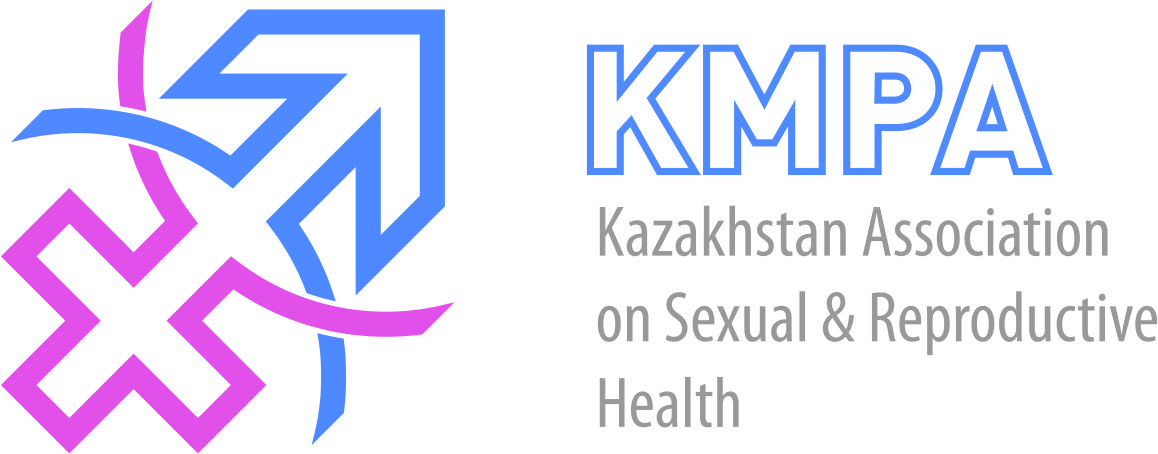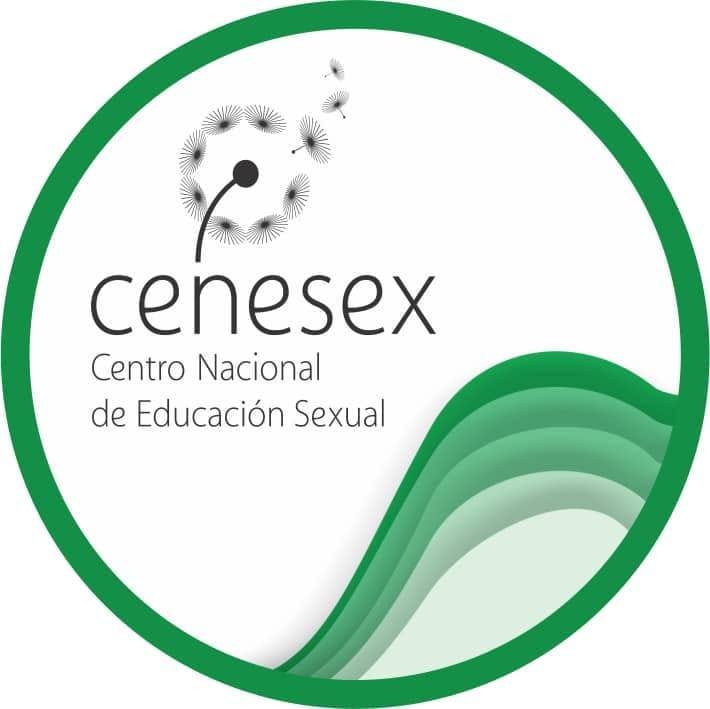

| 31 March 2016
Kazakhstan Association on Sexual and Reproductive Health (KMPA)
The Kazakhstan Association for Sexual and Reproductive Health (KMPA) was established in 1996. In 2002 KMPA became a full Member Association of IPPF. The organization currently has 9 branches and 4 regional offices in Almaty, Kostanay, Shymkent and Nur-Sultan. In total, there are 13 branches of KMPA. The organization’s activity is based on protecting the right of youth, men, and women to quality medical services and information in the field of sexual and reproductive health (SRH). KMPA conducts training of youth to prevent underage pregnancy, sexual and gender-based violence (SGBV), and the spread of sexually transmitted infections (STIs), including HIV. In addition, KMPA implements projects on family planning and promoting contraceptive methods to prevent unintended pregnancies. KMPA focuses on the following goals: (1) advocacy of sexual and reproductive rights; (2) elimination of unsafe abortion; (3) promoting condom use to prevent HIV/AIDS and decreasing stigma against people living with HIV/AIDS; (4) educating youth and teenagers on sexual and reproductive health and rights (SRHR) to allow choice and safe relations; (5) advocating for access to SRH services; (6) training healthcare professionals on family planning, contraception, safe abortion, antenatal care and consultation skills; and (7) training of teachers on SRHR, CSE, prevention of SGBV and promoting gender equality. KMPA seeks to improve the reproductive health of the population of Kazakhstan, especially the socially vulnerable, the poor, and young people, by protecting the basic reproductive rights of women, men, and young people, ensuring free and informed choices regarding SRH, providing comprehensive sexual education and high-quality information, and promoting access to SRH services. KMPA bases its activities on the principles of gender equality, freedom of decision-making and voluntary participation.

| 19 January 2024
Centro Nacional de Educación Sexual (CENESEX) - Cuba
The National Center for Sex Education (CENESEX) is a teaching, research and assistance institution in the area of sexualities. CENESEX was founded on December 28, 1988, when the first resolution on the creation of the institution was issued. Later, other legal norms have specified its social purpose. It was created as an institution of the Ministry of Public Health (MINSAP), but it is the result of the institutionalization process of a previous experience, that of the National Working Group on Sex Education (GNTES), which was created in 1972 at the initiative of Vilma Espín as president of the Federation of Cuban Women (FMC), and whose main objective was to develop and monitor the implementation of the National Sex Education Program. Open to scientific research, exchange of experiences and dialogue of knowledge, CENESEX has professionals of recognized prestige from different scientific disciplines that address, with a comprehensive approach, the study of sexualities. Twitter Instagram







